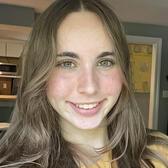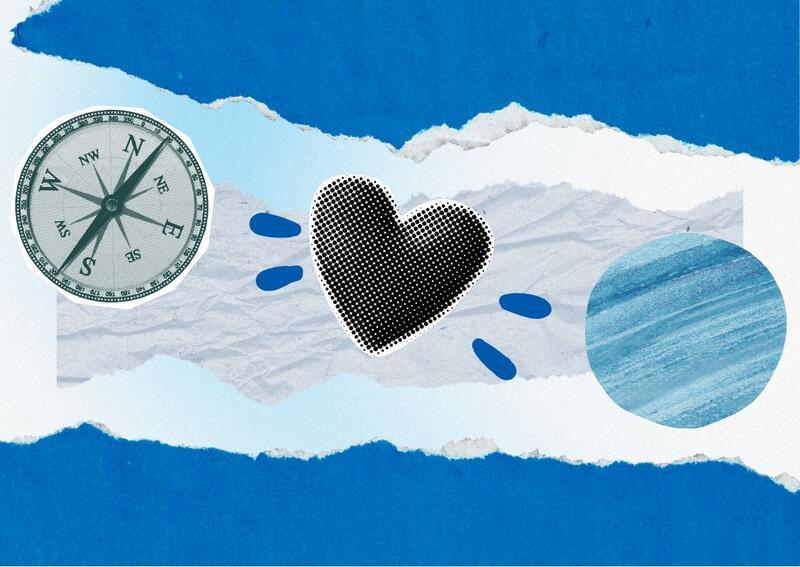My Jewish Feminist Journey in Israel and the US
Throughout my life, countless moments have shaped my identity as a Jewish feminist. I associate many of these moments with a comforting sense of community from other Jewish women who have inspired, educated, and pushed me to grow into the person I am today. However, most of the moments that have impacted my identity are interactions with non-feminists and non-Jews.
In elementary school, I only attended Jewish day schools, both in Israel and the United States. In an all-Jewish space at such a young age, my personality was the only thing that granted me individuality. Moving between countries and cities constantly, I learned how to fit in well in every environment, but always kept a unique character fueled by my own special interests and hobbies. Reading, drawing, music, film, fashion and sports kept my identity alive.
I had already developed a confident sense of feminism within a Jewish setting by age eleven. However, it was strained when I started attending a big public middle school in Israel. The school was predominantly secular, and I often had to explain myself as something in between secular and Orthodox. People in Israel were not as familiar with more established elements of the American Conservative movement, an observance that allowed me to have a bat mitzvah and read from the Torah, even as a girl. I was dubbed “femenistit masricha,” a smelly feminist, on the first day of seventh grade. I kind of liked it.
I excelled in Torah classes at school, and often offered my secular friends tips on Torah reading. When the boys in my class noticed this, they asked how I could possibly read from the Torah. I boasted about my awesome bat mitzvah — a two-hour service where I lead the morning prayers as well as chanting Genesis in front of my synagogue members and family. The boys in my class deemed this impossible, disbelieving that women could take part in Torah Services. “Maybe you guys haven’t gone to enough synagogues?” I suggested.
My identity journey continued when I moved to a public American high school in the middle of ninth grade. At my new school, just being a Jew felt overwhelming. Although I knew I was part of a minority, I was usually always surrounded by other Jews and never felt like I stood out.
In this new environment, non-Jewish people asked me many questions and made jarring comments. It was my first time encountering antisemitism, attacking the base of everything I knew about myself. For example, I was told I don’t look Jewish. When I asked why, they said my nose looked unusually normal. This was most definitely offensive to the entire Jewish people. I have received many of these. Although they bother me momentarily, I can bond over them with my Rising Voices friends, laughing as they tell me about their similar experiences.
I have also found comfort in attempts from non-Jews to relate to me via positive comments about being Jewish. They might mention a distant Jewish family member, close friend, or piece of knowledge about the culture. My friend Sofie, for example, is a devoted Christian. Nonetheless, she enthusiastically proclaimed her love for challah when I first mentioned having to head home for Shabbat.
I also had to redefine my national identity, a way to take pride in the place I was born and partly raised in. As an Israeli Jew, I receive excessive comments about the Israeli-Palestinian conflict. Some types include criticism of my country, which is oddly aimed at me. This criticism irks me, blaming me for tragedies that I have nothing to do with. I am often asked what “side” I’m on. I find it best to say, “the side of humanity,” being the right side for every conflict in the world. I am rarely in the mood to launch into deep debates on politics, but I am always willing to acknowledge the war and pray for everyone’s safety.
Along with my heritage, it is moments like all of these and many more that fabricate my identity as a Jewish feminist. They give me opportunities to both stand up for myself and take pride in who I am, as well as question myself and discover new things about me and my culture.
This piece was written as part of JWA’s Rising Voices Fellowship.








What a sincere, fluent and interesting article! Thank you for sharing.
Ruthie my beloved grandaughter, You explain so clearly your identity of Jewish femmenist, wish a lot of success!
Hugs.